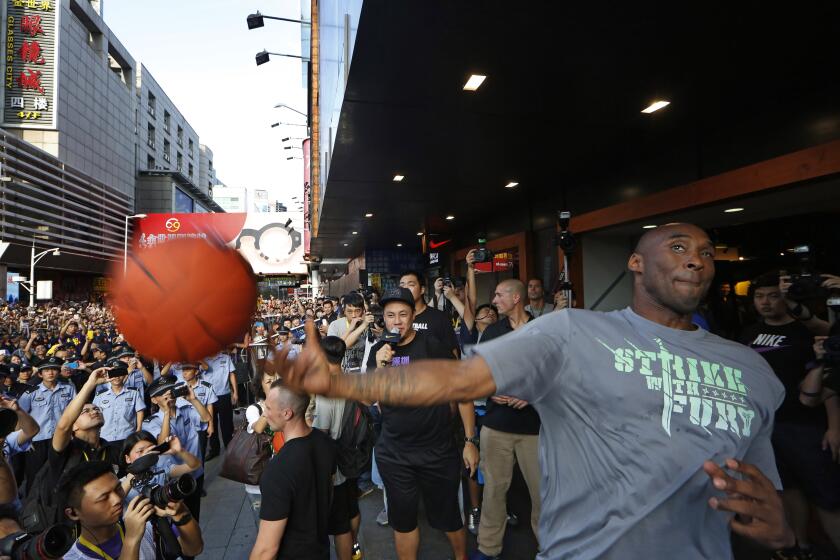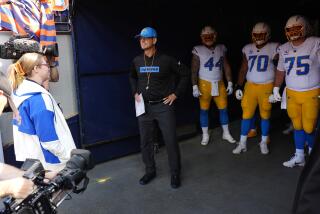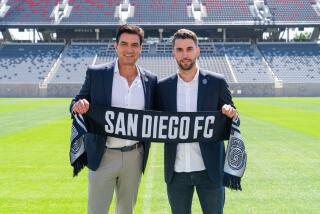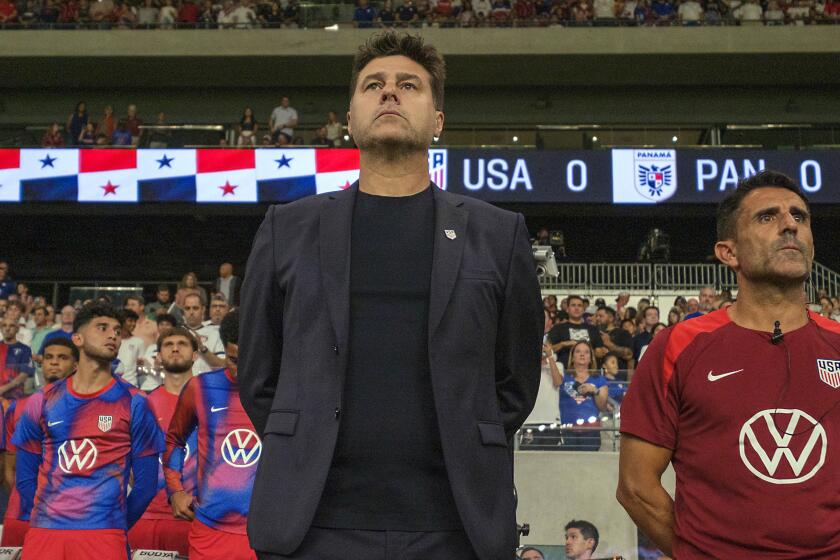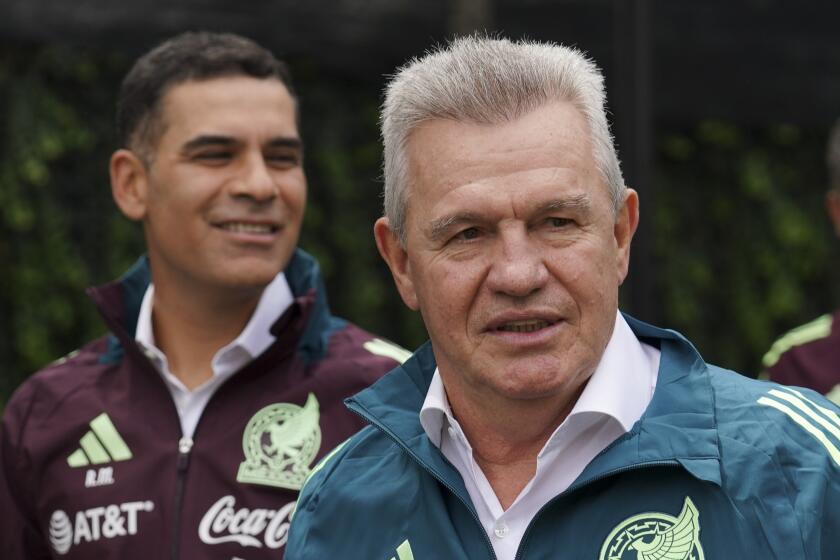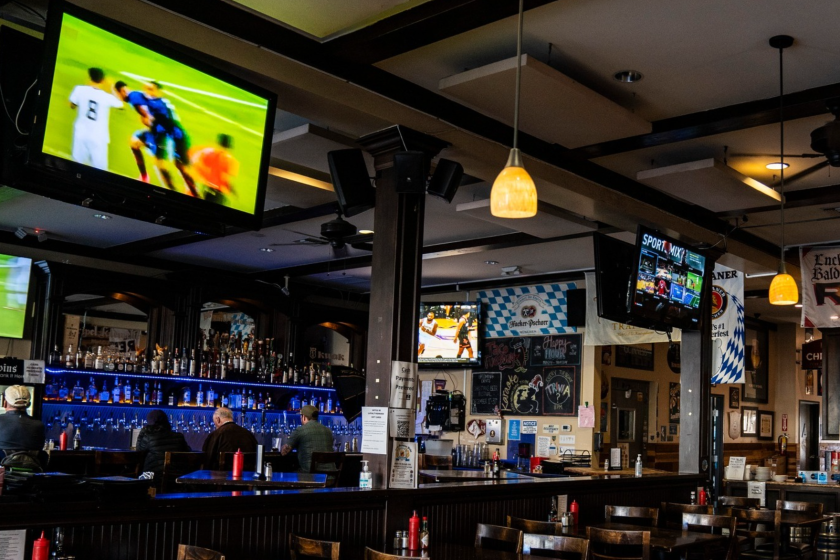For some MLS players, loneliness and anxiety are their toughest opponents
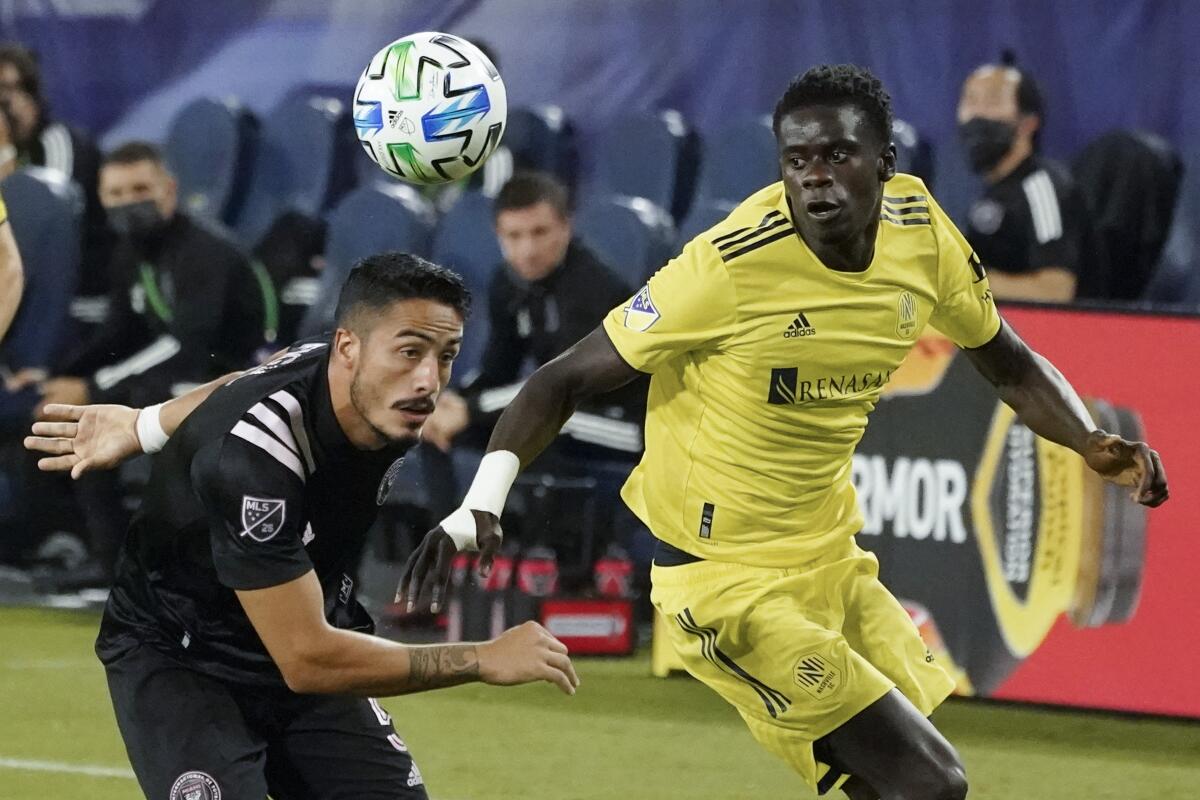
Nights have always been the hardest for Dominique Badji.
During the day Badji, a forward with Nashville SC, a second-year club in MLS, has soccer to occupy his mind and teammates to distract him from his thoughts.
A “kind of paradise, a little bubble,” he calls it.
But at night, alone in his living room, Badji’s thoughts often turn to his extended family in Senegal, where deadly political protests recently rocked the country.
“Once you get home, your real life starts,” he said. “That’s when all the stresses of [life] and family come into effect.
Jonathan dos Santos notched the go-ahead goal and Javier “Chicharito” Hernández had a goal and an assist in the Galaxy’s 2-1 win over LAFC that featured an earthquake.
“Going back to an empty apartment is definitely not the greatest place to be when you have things going on in your life.”
If Badji is often alone with his thoughts, he’s not the only MLS player dealing with the loneliness and anxiety those thoughts produce. The league has players from 76 countries on its rosters this season, making it one of the most diverse top-tier leagues in history in any sport.
LAFC, which plays Sunday in Seattle, features players from 11 countries on five continents, while the Galaxy, who are home Saturday against Austin, added 13 players from eight countries just this winter. And though many of those players come here alone from places racked by poverty, crime and political instability, they are all expected to perform at a high level as soon as they arrive.
Often that just makes things worse.
“That’s a lot of things on young shoulders,” said Anna S. Lau, a professor of clinical psychology at UCLA. “That’s just so many challenges on top of challenges.”
In many ways, soccer is the least of those for these young players’ worries because they’re already confident and skilled at it. For Badji, 28, who came to the U.S. as a teenager, dealing with homesickness and adapting to a different lifestyle were far more difficult.
“The cultural differences are amazing. And so everybody’s stress is individual. Some of the stories I’ve heard are crazy.”
— Dominique Badji, Nashville SC forward on the challenges players face in the U.S.
“You feel lonely here. This is not home. Senegal is home,” he said. “You don’t have that support system over here.”
Complicating matters was the fact his family didn’t have access to the internet and he didn’t have enough money to call by telephone.
“I wasn’t able to talk to my family for three years,” he said. “So you’ve just got to be brave. You know, a lot of prayer and just hope that everything is going well back at home.”
Júnior Moreno has had similar experiences. He was 24 when he left Venezuela to sign with D.C. United in 2018 and because of the COVID-19 pandemic and political unrest at home, he hasn’t seen his family in 18 months. But he thinks about them daily.
“Obviously worry, that’s always there,” Moreno, now 27, said in Spanish.
“In Venezuela, these are difficult times. We just hope that soon we’ll be out of all this.”
Badji said worrying about family back home is a common cause of stress for MLS players, which is why they make a point of looking out for one another, with Africans caring for Africans, South Americans inquiring about South Americans and Europeans checking in with other Europeans, whether they’re teammates or opponents.
“If it’s the first time you’ve met them or [they’re] a really close friend of yours, the first question is always ‘how’s the family?’” he said. “That’s always the way it’s been since I set foot in this league. And just seeing how the older African players treated me, I’m hoping to pass that down.”
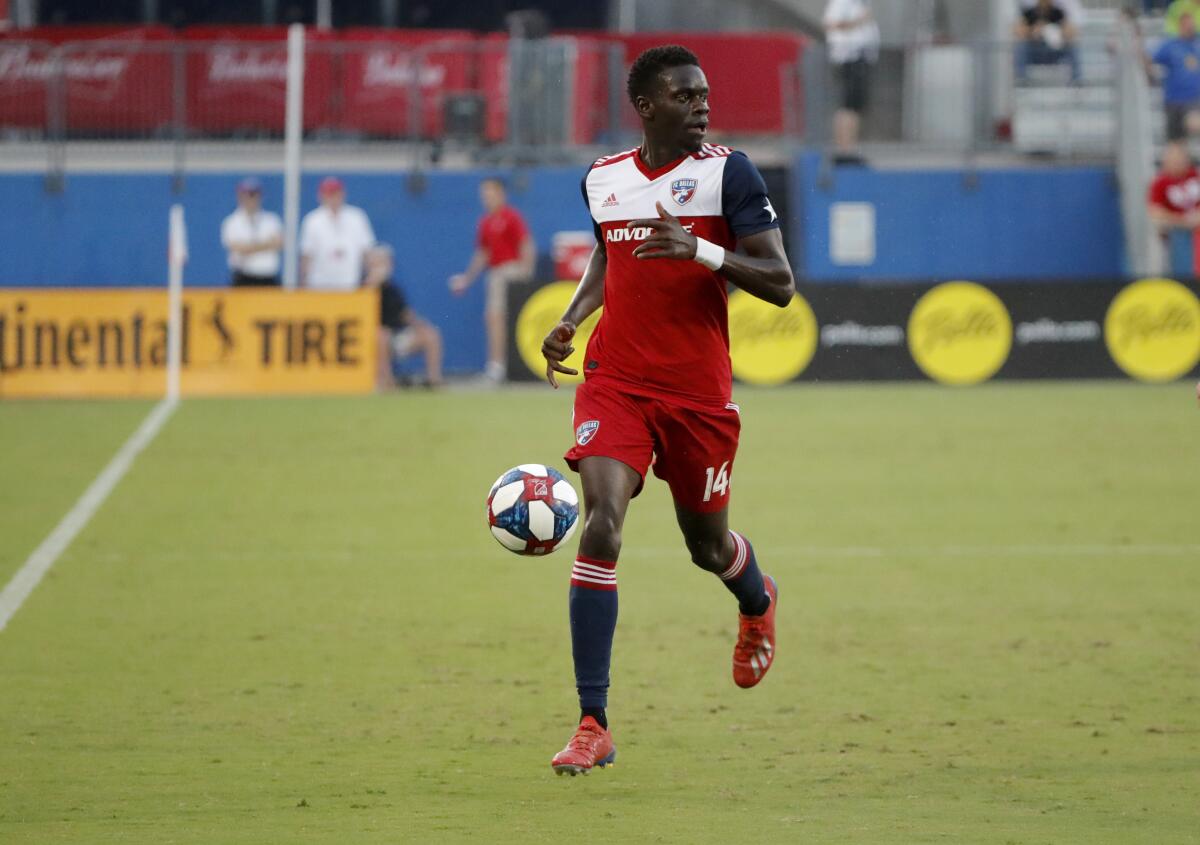
That base of support is crucial because even people in the same dressing room don’t always appreciate the unique pressures foreign players face in a strange land.
“There’s a big lack of understanding,” Badji said. “It happens all the time, even in just general conversation. A lot of things people say they don’t realize has a significant impact on us.
“The cultural differences are amazing. And so everybody’s stress is individual. Some of the stories I’ve heard are crazy.”
He said one teammate couldn’t stop worrying about his family’s dire financial situation, for example, while another was being pressured to pause his soccer career to come home and have a traditional wedding.
Badji, who has played for three MLS teams over eight seasons, learned to cope with the help of a therapist.
“Now I’m in a very good place,” he said.
Given the league’s growing diversity and its investment in young, foreign players, Lau said counseling and mental-health resources should be made readily available to all players — something many clubs have already done.
CF Montreal was one of the first, hiring a mental strength coach in 2015. By the end of last season, nearly half the league’s 26 teams were using sports psychologists or consultants and this season Real Salt Lake added three mental-performance coaches to its technical staff.
“Coaching staffs are going to get the most optimal performance from these young people if they create a situation that feels psychologically safe,” Lau said. “There’s a real need to pay attention to that emotional climate in the club.
“We need to be very proactive. What can we do to promote good mental health and not just make space for it when people are having mental health challenges?”
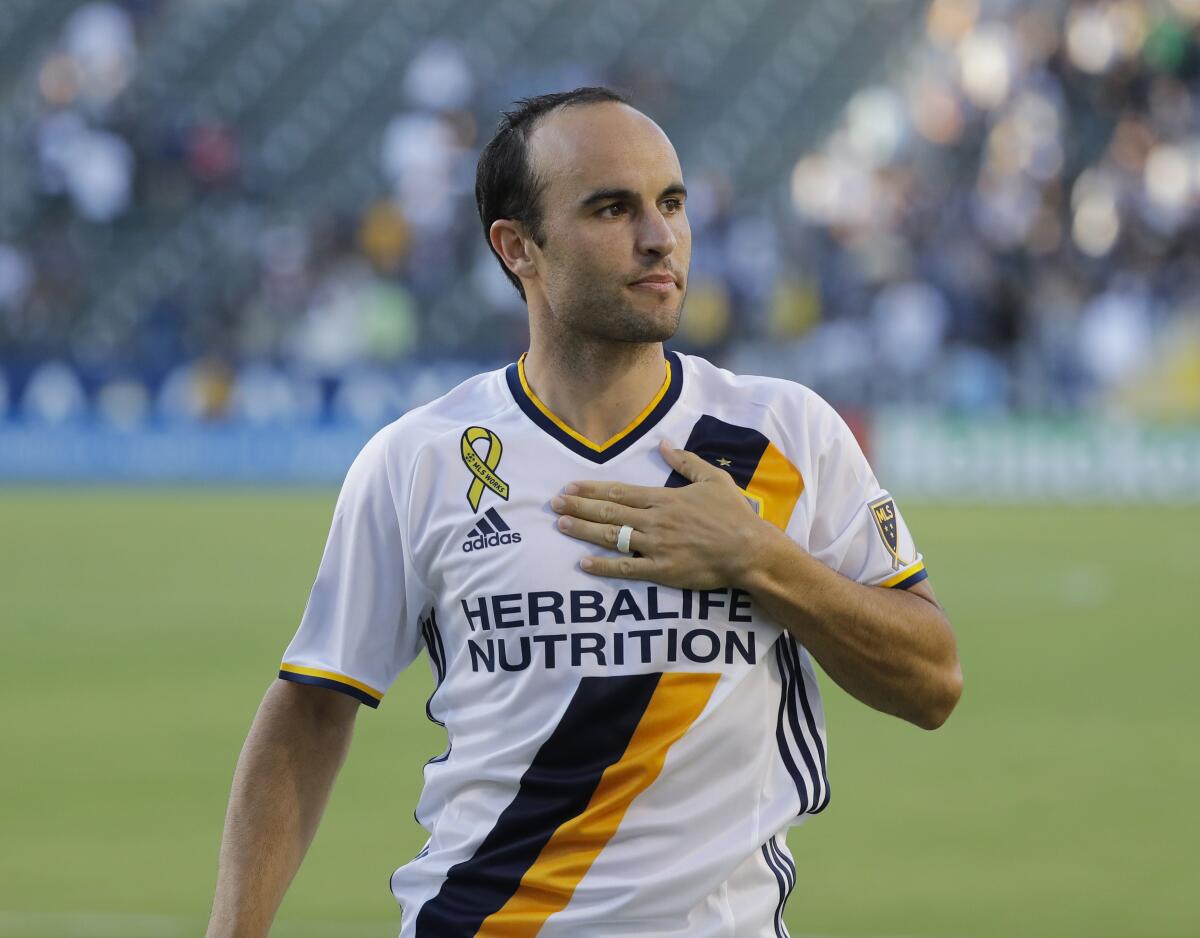
Landon Donovan, the second-year manager of the San Diego Loyal, may be building the template. Donovan, who won a record six league titles and set scoring records both in MLS and with the national team, waged what eventually became a very public battle with depression during his playing days. And he said that experience has had a big influence on his approach to coaching.
“I’m very, very open and honest about my struggles, about how important it is to bring these issues forward,” said Donovan, whose team plays in the second-tier USL Championship. “We are very open with our players. We allow them to come speak to us about anything.”
Donovan said while most coaches would bench and ignore a player who was not performing well for a few weeks, “we actually dig and try to find out what’s wrong.
“It’s really painful because you get to know these players. I treat them like my children,” he added. “When they are going through situations, it is really hard.”
Which is why Donovan asks athletic trainer Paulina Maldonado to give him regular mental as well as physical assessments of each player, letting the coaches know if a player is having trouble at home, has broken up with his girlfriend or has a sick pet.
“Most of the time we don’t act in a formal way, but we will go and say, ‘Hey, I heard your dog died. How are you handling that?’ At the end of the day, we’re just human beings,” Donovan said.
“Yeah, they are in the public eye at the MLS level. They’re making millions of dollars, but they’re just human beings.”
A look at the reach Kobe Bryant had internationally, and how future stars Giannis Antetkounmpo, Joel Embiid and Danilo Gallinari followed his career.
Not everybody makes millions, though. In fact, many players in the USL Championship — which is even more diverse than MLS, with players from 82 countries on its 43 clubs — don’t earn enough to live on their own. That can make it even harder to justify the hardships.
“I decided to be away from my family and sacrifice those good moments that I have with them. So I need to make it work,” said Loyal defender Thomas Vancaeyezeele, a Frenchman who has spent six years playing at the lower levels of U.S. soccer.
Vancaeyezeele, 26, said he struggled so much with the language and the culture when he first arrived in the U.S., he packed up and went home after six months. In lieu of a therapist, he confided in his siblings and some close friends, who urged him to go back and give it another shot.
He still calls on them regularly.
“Every time I struggle with something, I just call them and they’re right [there] for me,” he said.
He makes most of those calls from home after dark because nights, well, they’ve always been the hardest.

